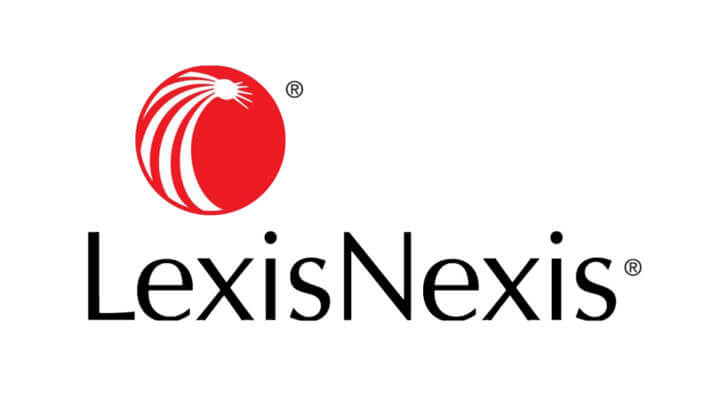BCL partner John Binns writes for LexisNexis on the Money Laundering and Terrorist Financing (Amendment) Regulations 2019, SI 2019/1511 which came into force from 10 January 2020, bringing new requirements for financial service providers and others in ‘the regulated sector’ in preventing money laundering and terrorist financing.
Here’s an extract from the article:
What gaps currently exist in the UK regulatory regime and what are the main changes heralded by SI 2019/1511?
SI 2019/1511 addresses a number of perceived inadequacies in the UK’s MLRs. Among other things it:
1. expands the UK’s regulated sector in various ways, significantly broadening the definition of ‘tax adviser’ (so that it now includes those who provide ‘material aid or assistance’ rather than simply ‘advice’, and those who provide such services through a third party), and bringing in to the sector certain crypto-asset businesses, as well as art market participants (including operators of freeports) and letting agents (when, in both cases, dealing at or above a certain financial threshold)
2. amends various due diligence requirements, including by adding a new requirement to report discrepancies between information obtained from customers and that recorded on registers at Companies House, and by tightening the provisions relating to electronic money (e-money) (particularly prepaid cards)
3. requires and empowers HMT to introduce a central automated mechanism, to enable easier access by the authorities to information about accounts and safe deposit boxes
4. requires the National Crime Agency to share information more efficiently with their counterparts in other states in the European Economic Area
How will this affect the day to day activities of those operating in this market?
The biggest impact will be on those businesses who are brought in to the regulated sector, as of 10 January 2020. They will now be obliged to register and cooperate with supervisors (subject to
some limited transitional provisions), to conduct due diligence on customers, and to make reports where there are reasonable grounds to suspect money laundering and terrorist financing. The
obligations on crypto-asset businesses are particularly onerous—though it should be noted that (despite an indication in the consultation paper that it may be broader) the definition comprises only crypto-asset exchange providers and custodian wallet providers. On the other hand (as also flagged in the consultation paper) the definition of ‘crypto-asset’ itself is broader than MLD5 requires, and includes any right to, or interest in, a crypto-asset.
For those already in the regulated sector the changes to the due diligence requirements are more modest, though they will have an impact, particularly where there are discrepancies that require
reporting to Companies House.
This article was originally published by LexisNexis on 09/01/2020. You can read the full version here via pdf or on their website.

